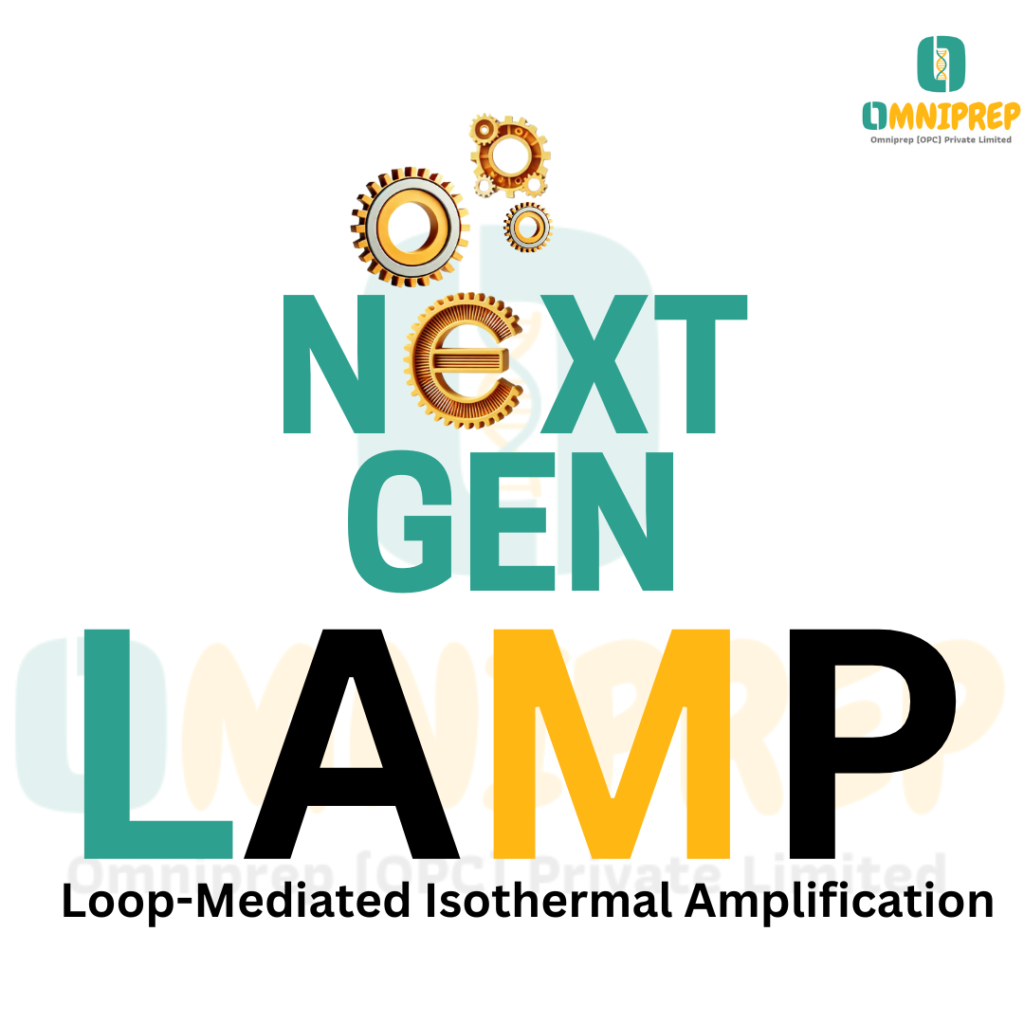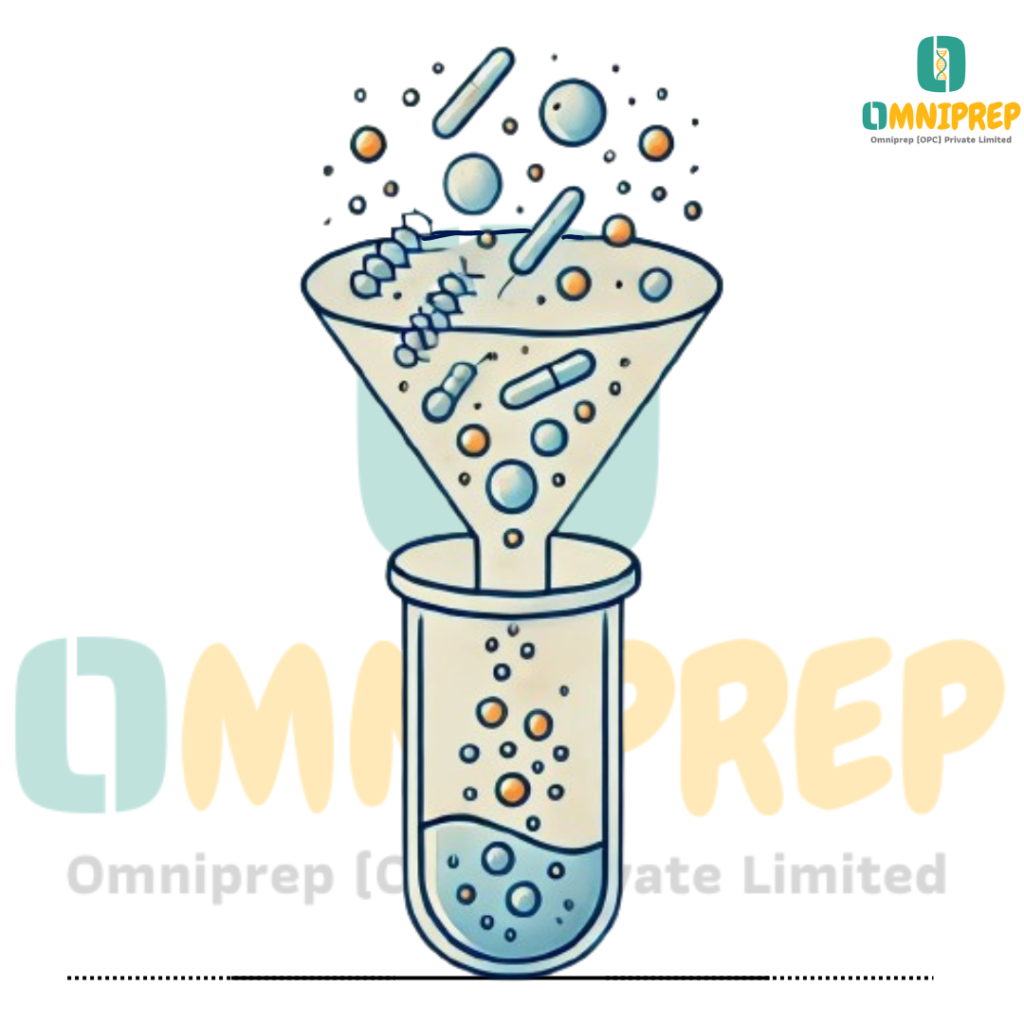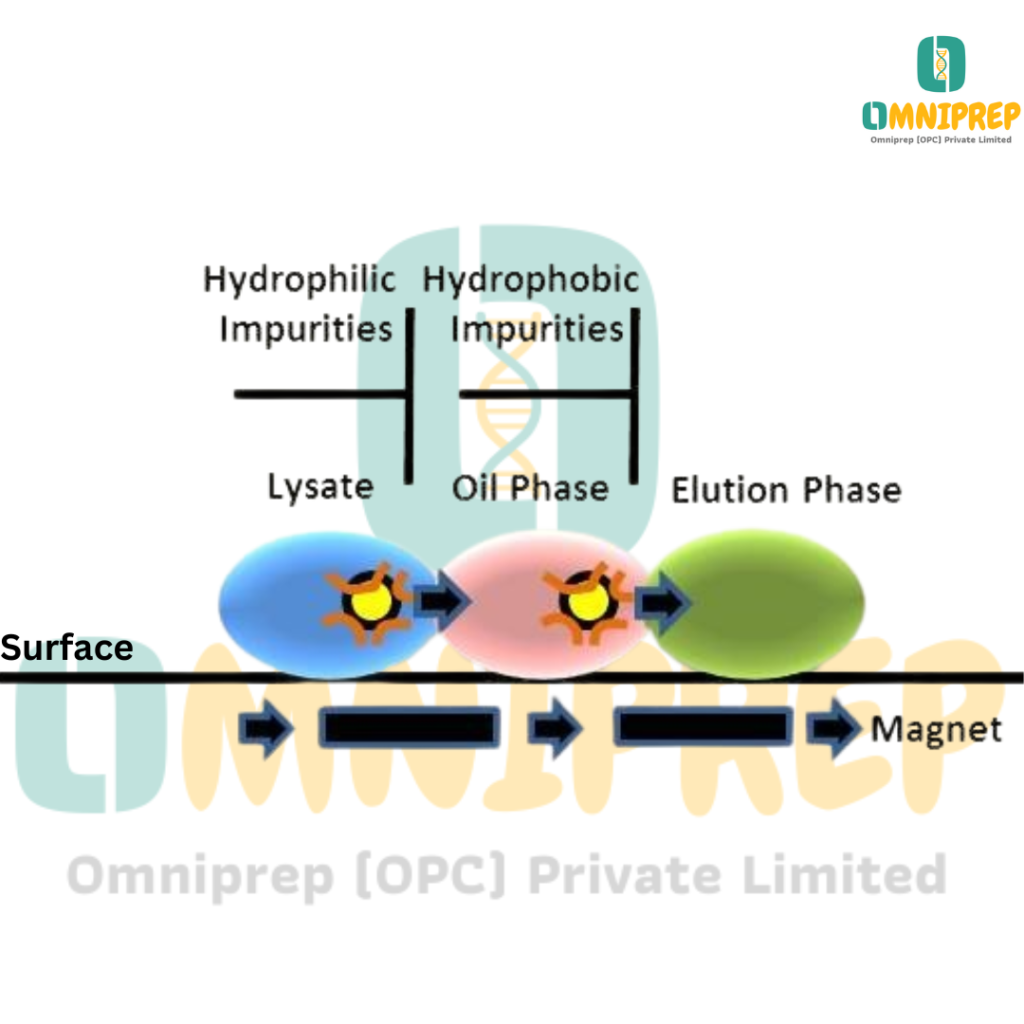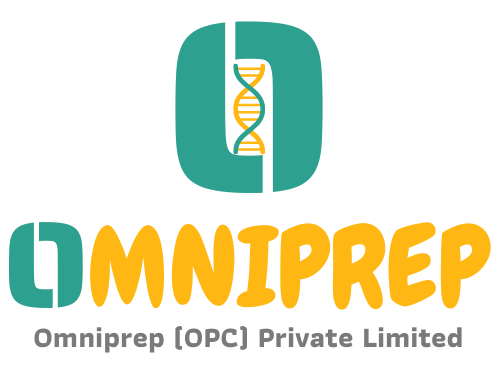R&D Projects
Development of Next Generation LAMP Technology for enhanced specificity & Multiplexing.

Advancing LAMP technology to improve specificity and multiplexing capabilities holds significant promise for the future of molecular diagnostics. This research project aims to overcome current limitations, paving the way for more accurate, efficient, and accessible diagnostic solutions. LAMP amplifies DNA with high efficiency under isothermal conditions, eliminating the need for thermal cycling. However, its application in multiplex diagnostics is hindered by non-specific amplification and difficulties in distinguishing multiple targets within a single reaction. Our project aims to introduce various strategies to overcome these challenges like:
- Modified Primers and Probes: Techniques such as quenching of unincorporated amplification signal reporters (QUASR) and duplex amplification reaction quenching (DARQ) utilize modified primers and probes to enhance specificity and facilitate multiplex detection.
- CRISPR-Cas Integration: Combining CRISPR-Cas systems with LAMP has demonstrated potential in improving specificity and enabling the detection of multiple targets through sequence-specific recognition.
- Molecular Barcoding: Approaches like LAMP-Seq incorporate molecular barcodes to differentiate between multiple targets, allowing high-throughput and multiplexed detection.
The successful development of next-generation LAMP technology is anticipated to result in:
- Improved Diagnostic Accuracy: Reduction in false positives and negatives through enhanced assay specificity.
- Simultaneous Multi-Target Detection: Ability to detect and differentiate multiple pathogens or genetic markers in a single assay, streamlining diagnostic workflows.
- Point-of-Care Applicability: Deployment of user-friendly, rapid, and reliable diagnostic tools suitable for diverse settings, including resource-limited environments.
Development of matrix specific Sample concentration method for point of care molecular diagnostics

Developing matrix-specific sample concentration methods is crucial for enhancing the sensitivity and accuracy of point-of-care molecular diagnostics. The ‘matrix’ refers to all components of a sample other than the analyte of interest, and these components can significantly influence analytical outcomes—a phenomenon known as the matrix effect. To mitigate such effects, tailored sample preparation techniques will be employed to concentrate the target analytes while minimizing interference from the matrix. By optimizing these concentration methods for specific sample types, point-of-care molecular diagnostics can deliver reliable and timely results, which are essential for effective patient management and disease control.
Development of one step Nucleic Acid Extraction method for point of care molecular diagnostics

The development of a one-step nucleic acid extraction method for point-of-care (POC) diagnostic applications will be a crucial advancement in rapid and accessible disease detection. Traditional nucleic acid extraction methods involve multiple steps, requiring specialized equipment and trained personnel, making them unsuitable for decentralized testing environments. A one-step extraction method will simplify the process by integrating cell lysis, nucleic acid binding, and purification into a single reaction, reducing processing time and minimizing the risk of contamination. This approach will enhance the efficiency of molecular diagnostics, enabling faster detection of infectious diseases, genetic disorders, and other conditions. By utilizing microfluidic devices, magnetic beads, or chemical reagents optimized for direct sample processing, these methods can be seamlessly integrated into POC diagnostic platforms. The development of such techniques is essential for improving accessibility to molecular diagnostics, particularly in resource-limited settings, where rapid, reliable, and cost-effective testing is critical for disease management and public health.
